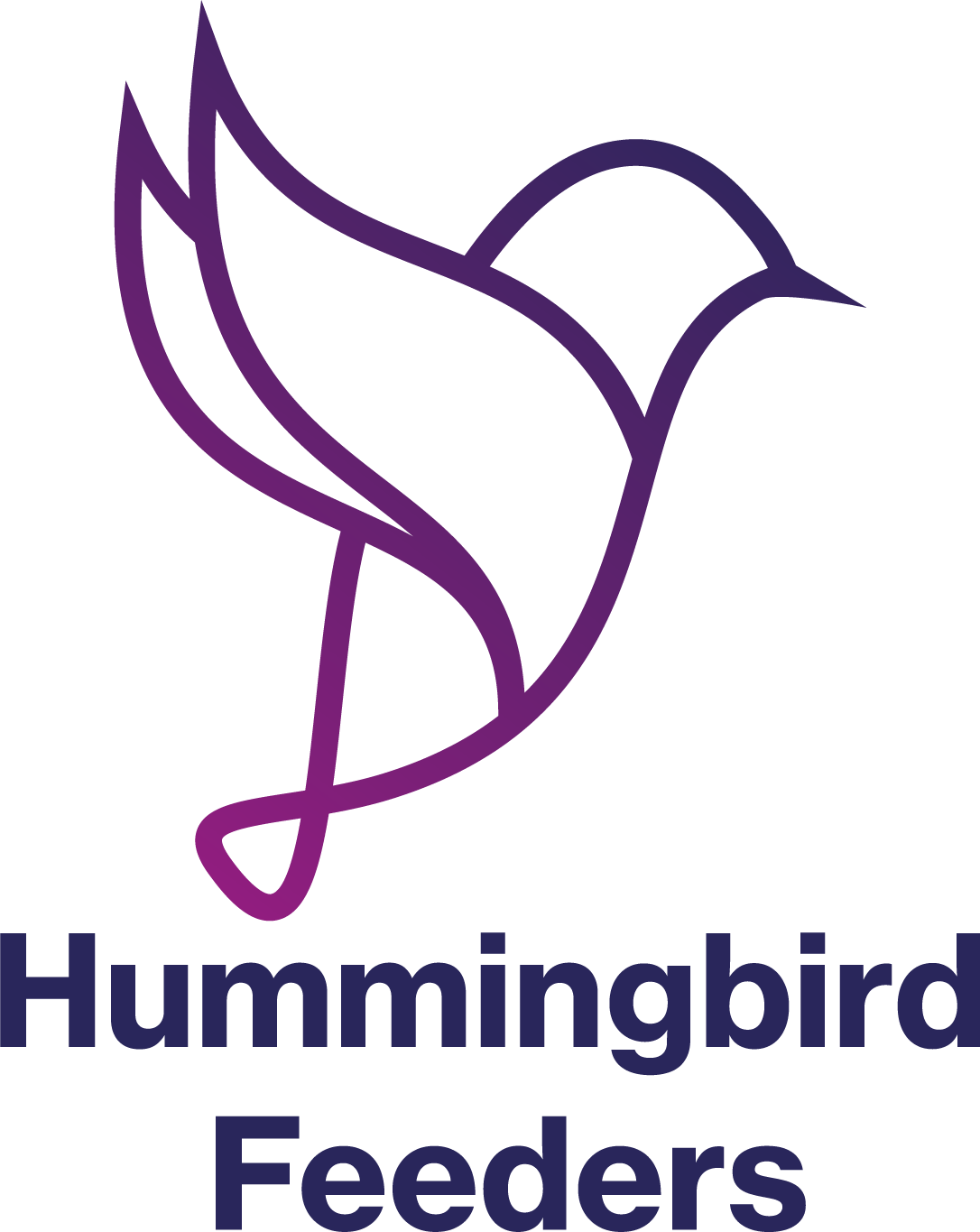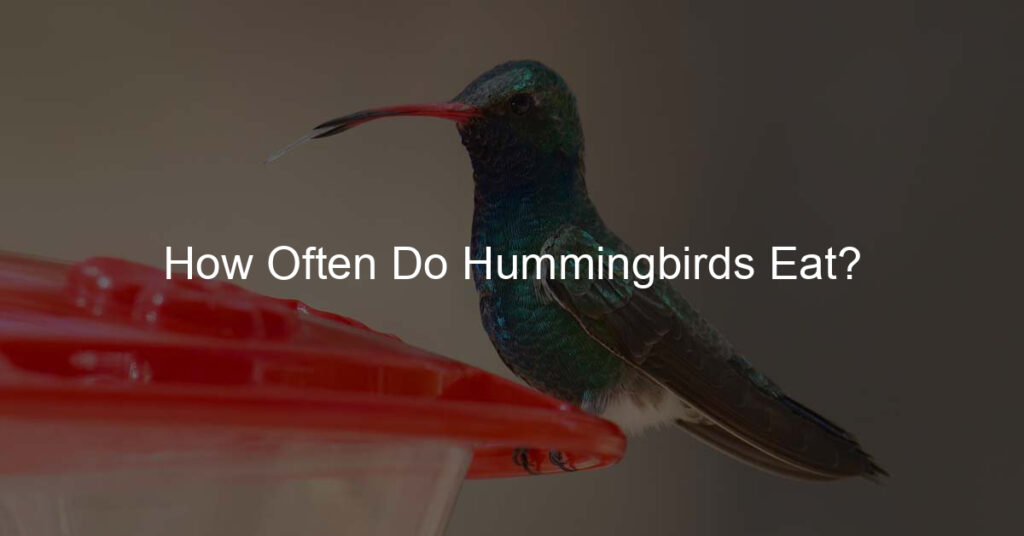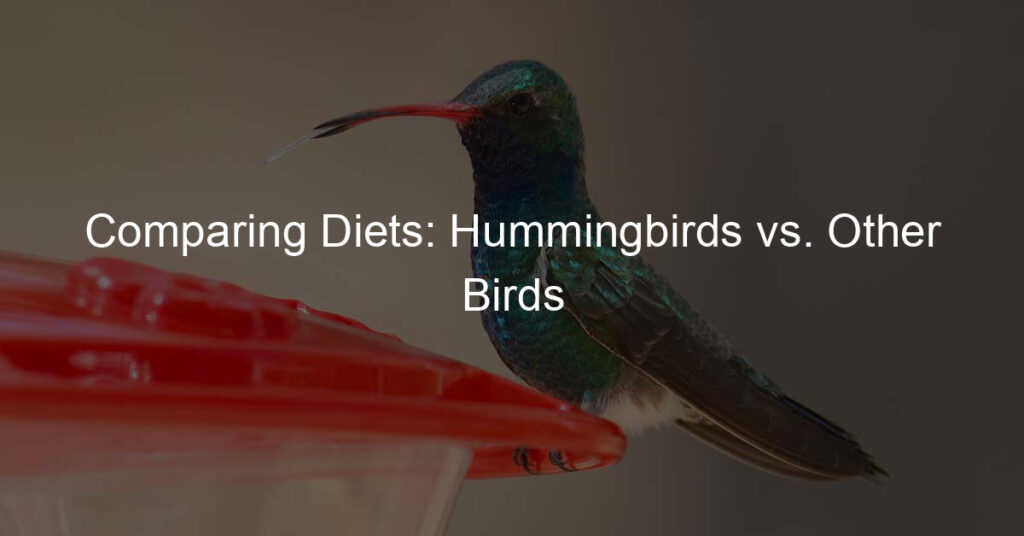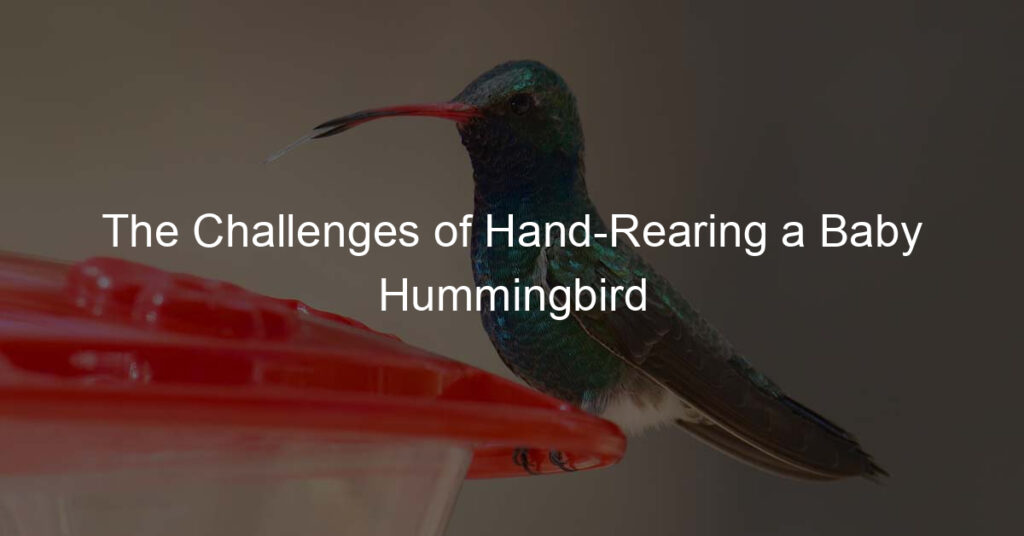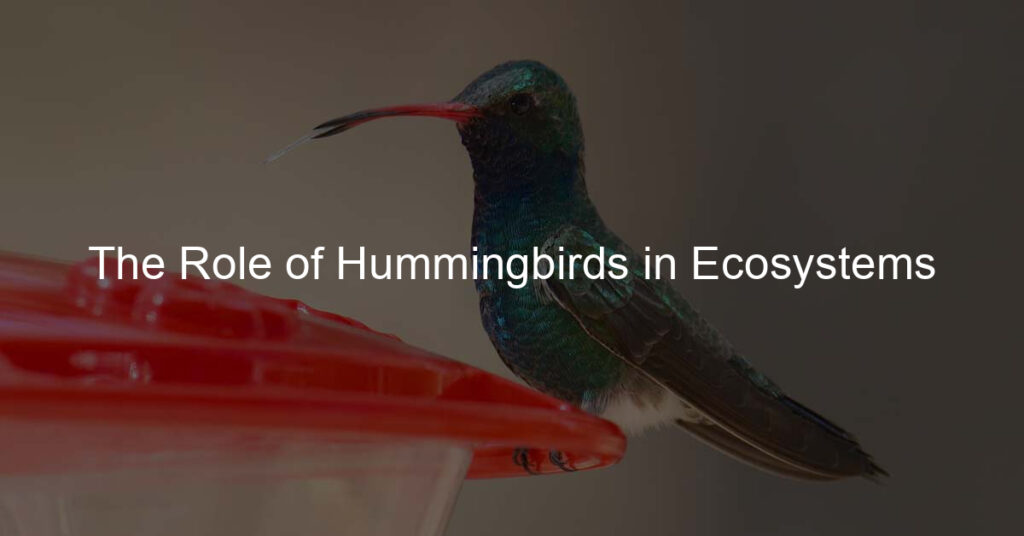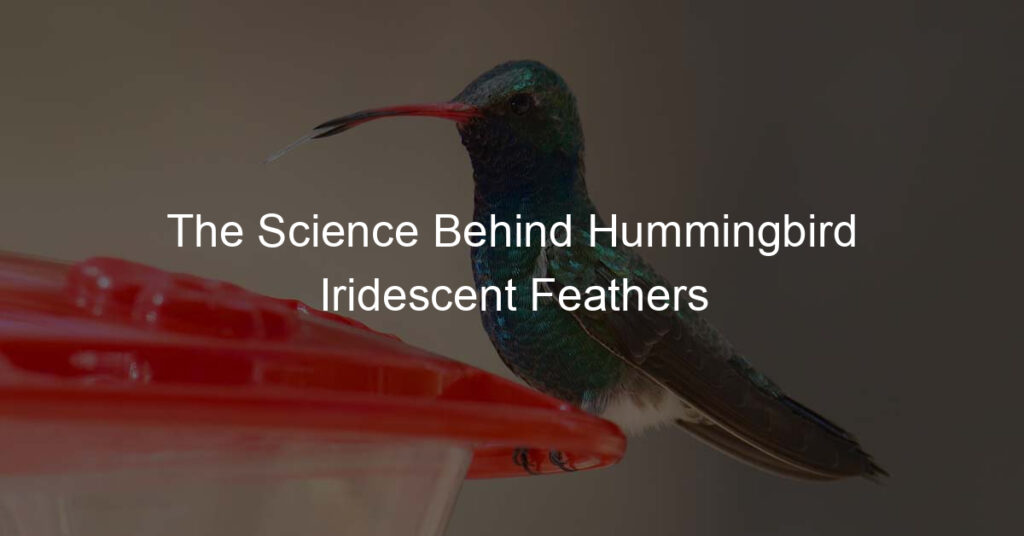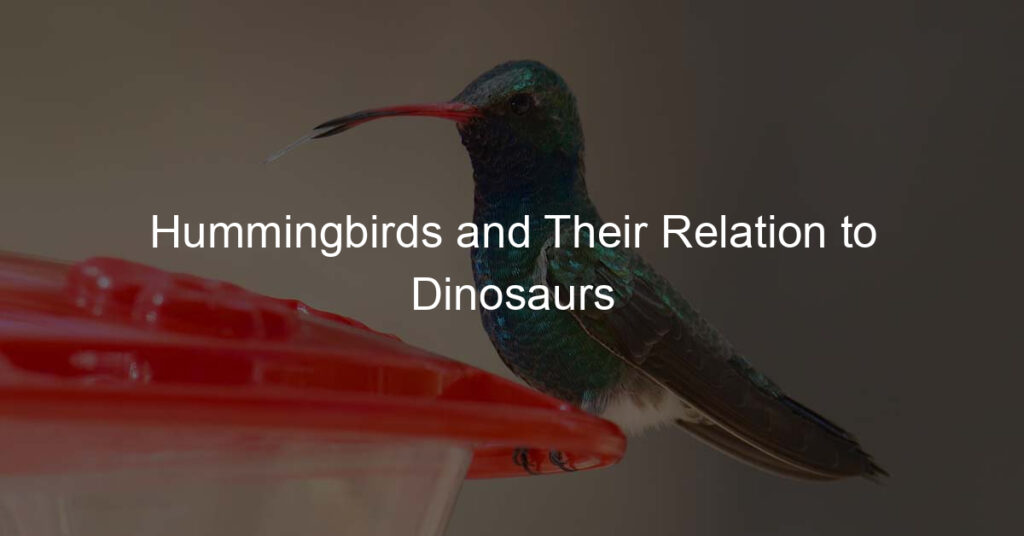Hummingbirds are very active birds and they can eat a lot of food! In this blog post, we will discuss how often hummingbirds eat and provide some tips on how to keep your feeder filled up.
Hummingbirds Introduced
A hummingbird is a miraculous creature, and it might just be one of the most fascinating aspects of nature. The name comes from their remarkable ability to hover and fly forward simultaneously in short, quick movements. What’s even more incredible is that hummingbird species move their wings several times per second, sometimes as many as eighty beats a minute!
Read more: Do Hummingbirds Eat Grape Jelly?
This Ruby throated hummingbird also has a lightweight body built for maximum aerodynamic efficiency, enabling it to feed on nectar while performing complex aerial maneuvers in midair, like courtships or territorial flights. Hummingbirds have captivated humankind’s attention for centuries, making appearances in countless myths and stories throughout the world, and it’s no wonder why—there really are few other creatures who match the beauty and grace that these birds possess.
How Often Do Hummingbirds Eat?
A hummingbird eats frequently and can consume up to 3 times its body weight in one day. They eat insects, as well as nectar from flowers and hummingbird feeders. To maintain a healthy diet, they need to continuously replenish their energy stores throughout the day by eating multiple times.
In general, these Ruby throated hummingbirds will visit feeding sites every 10 to 15 minutes, although some species may be more or less frequent in their visits. They also hunt for insects while they’re in flight and can even hover in midair to pick up prey with their long bills and tongues.
Though it’s usually not necessary for hummingbirds to eat that often, they will feed frequently during the breeding season in order to ensure enough nutrition for themselves and their nestlings.
Read more: How To Feed Hummingbirds In Freezing Weather?
Keeping A Feeder In Your Yard For Hummingbirds
Feeders provide a reliable and easily accessible source of food for hummingbirds. Feeding hummingbirds through a feeder is the best way. Hummingbird feeders come in many shapes and sizes and are designed with colorful patterns or flowers that draw the attention of the birds.
The feeders should be filled with the hummingbirds feed such as a sugar water solution, which can be made by mixing 1 part white sugar and 4 parts of filtered or boiled water. Avoid using artificial sweeteners as they can cause health issues for the birds.
To attract hummingbirds, it’s also important to keep feeders clean and free of mold or bacteria. Feeders should be washed and refilled weekly, or more often in hot weather.
Read more: Do Hummingbirds Like Honeysuckle?
How To Keep Your Feeder Filled Up For Hummingbirds
Keeping your feeder filled up for hummingbirds is an easy and enjoyable way to attract these wonderful creatures to your backyard! Since hummingbirds need a steady food source, it’s important to ensure that you keep up with refilling the feeder regularly.
- To start, choose a feeder specifically designed for hummingbirds and make sure to plug any drainage holes, as the liquid nectar needs to stay in the container and not leak out.
- While many traditional recipes call for mixing equal parts of granulated sugar and water, purchasing ready-made hummingbird nectar is simpler and lasts a bit longer.
- It’s best to fill the feeder no more than three-quarters full so that birds don’t have trouble reaching the sugary treat.
- Cleaning it every two weeks or sooner is essential during the hot summer months; this particular task involves removing all organic residue and adding fresh nectar if needed.
Refilling your feeder can be a delightful experience when watching dozens of colorful birds hovering around, so spend some time learning about their habits and remember: keep your feeder filled up to maintain our feathered friends happily fed!
Read more: How To Catch A Hummingbird
How Often Should I Change The Nectar In My Hummingbird Feeder?
For the best success in attracting hummingbirds to your feeder, it is recommended that you change your nectar at least every 3-4 days. This way, the nectar will remain fresh and great for the hummingbirds. If you are in a warm climate, it is especially important to keep the nectar fresh, as heat can spoil the treats quickly and make them not suitable for hummingbirds.
Additionally, if there has been rain recently or if you have noticed that a bit of mold or debris from nearby trees is floating in the solution, immediate changing of nectar is recommended as it can become hazardous for hummingbirds. Ultimately, changing the nectar often will ensure that your feathered visitors always have a delicious breakfast!
Do I Need To Add Anything Else To The Nectar Besides Sugar & Water?
When making nectar for hummingbirds, sugar and water is the simplest formula but there are other things that you can add. You can add a pinch of baking soda to help your nectar stay fresher longer as well as a few drops of white vinegar, although these additions are mostly meant for contexts where the nectar feeders may become contaminated with bee honey or bee brood.
Read more: Do Hummingbirds Chirp?
Speaking of honey, you can also add some 100% natural honey to your nectar if you so choose! Honey has been used in floral nectars as a substitute for sugar because it typically contains yeast which helps ferment the mix and prevents spoilage faster than just sugar and water alone.
All in all, while sugar and water are essential components when mixing up your own homemade hummingbird food, additional ingredients such as baking soda, vinegar, and honey provide further benefits depending on your specific situation.
Final Takeaway:
Hummingbirds eat frequently and continuously throughout the day to ensure that they are replenishing their energy levels. To ensure your feathered friends stay nourished, keep your feeder filled up for hummingbirds, and remember to change the nectar every 3-4 days. If you’re feeling adventurous, you can even add other ingredients such as baking soda, vinegar, and honey to your mix to provide even more benefits, depending on your situation. With a little knowledge and effort, you can guarantee that hummingbirds stay happy and healthy in your backyard!
